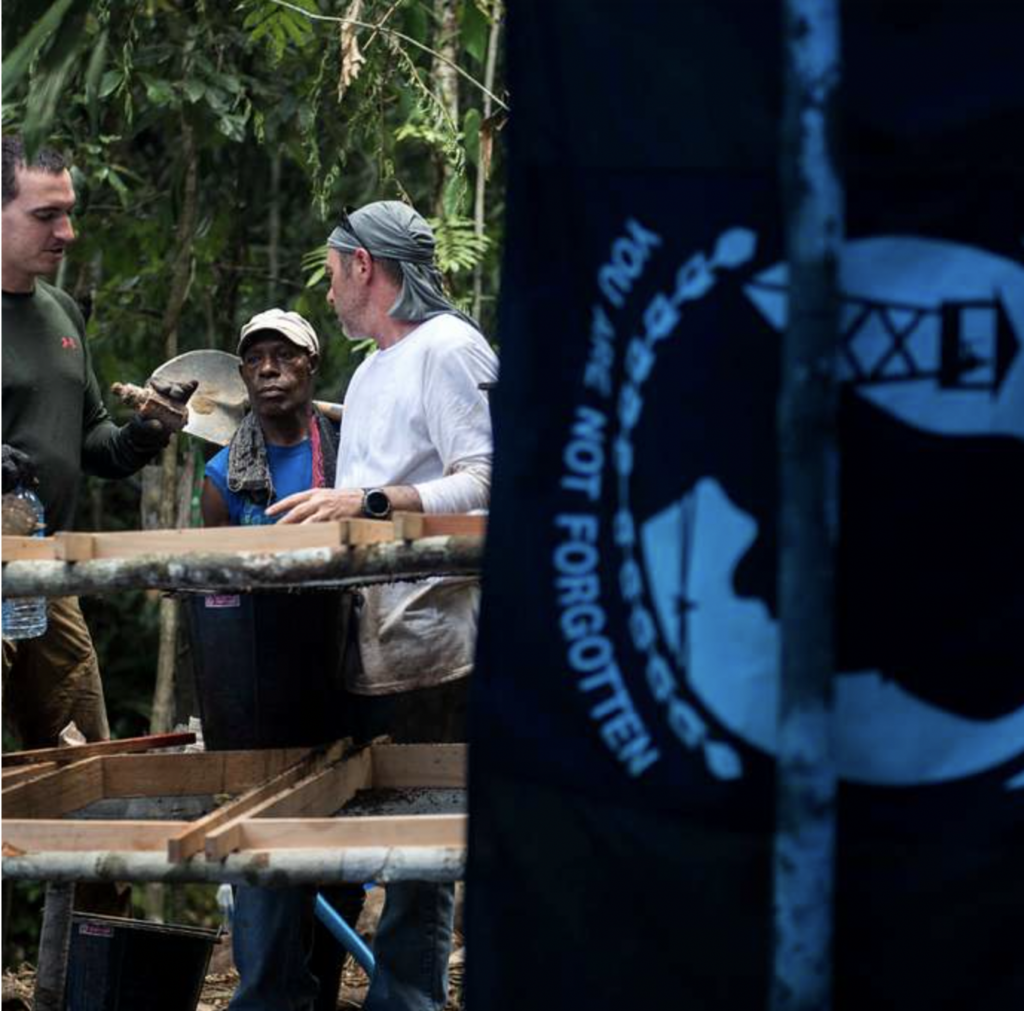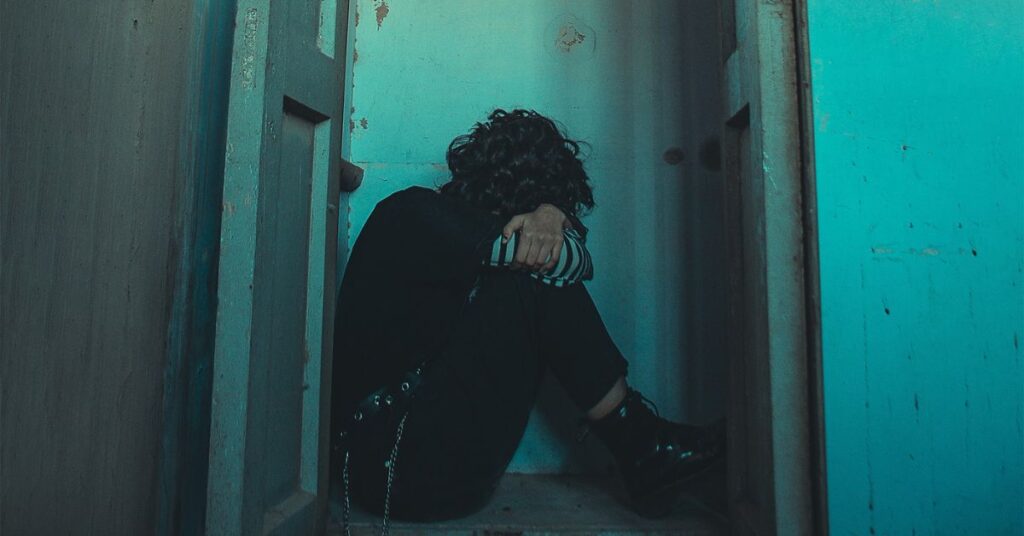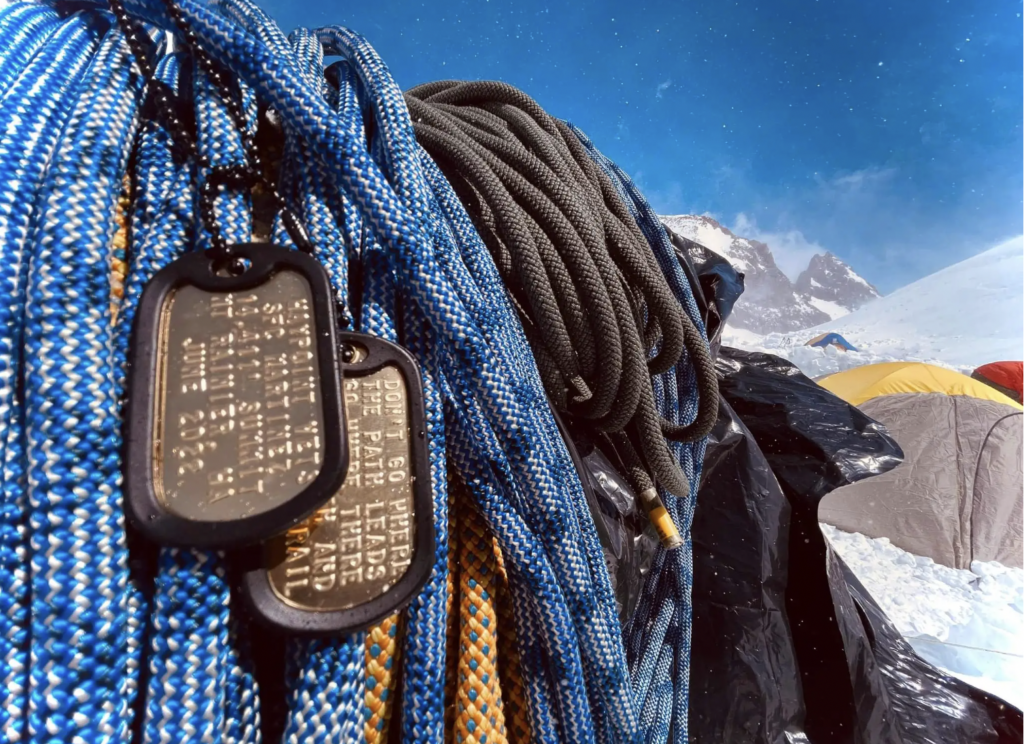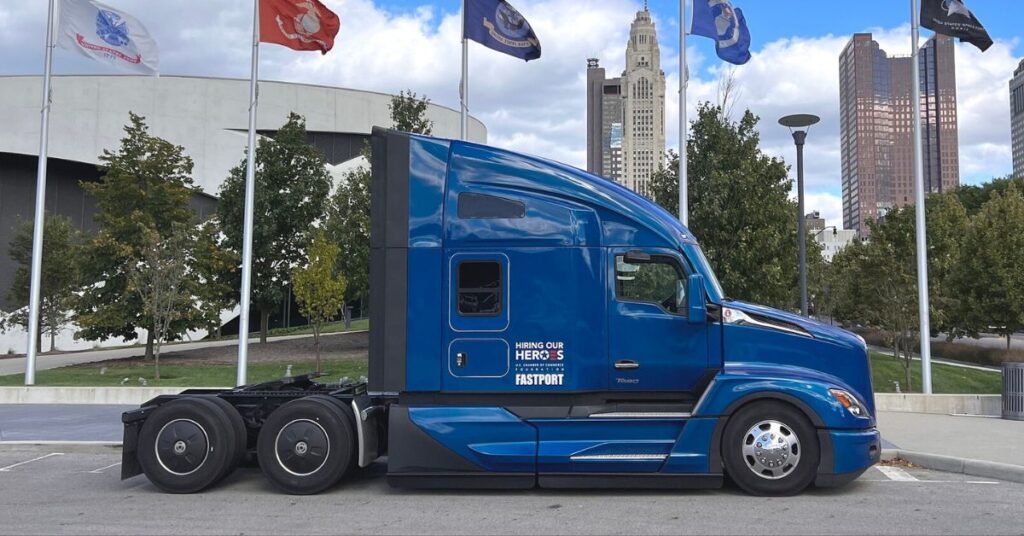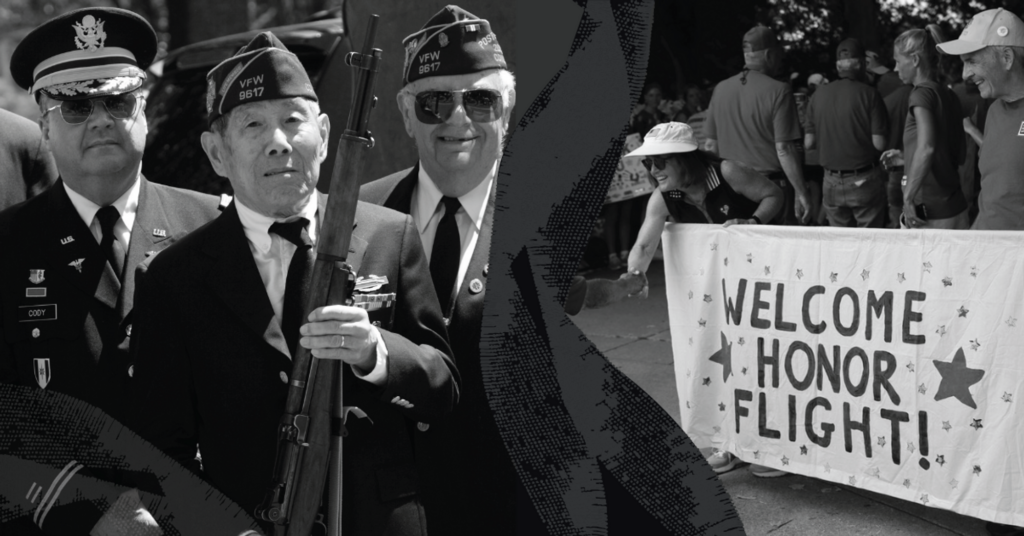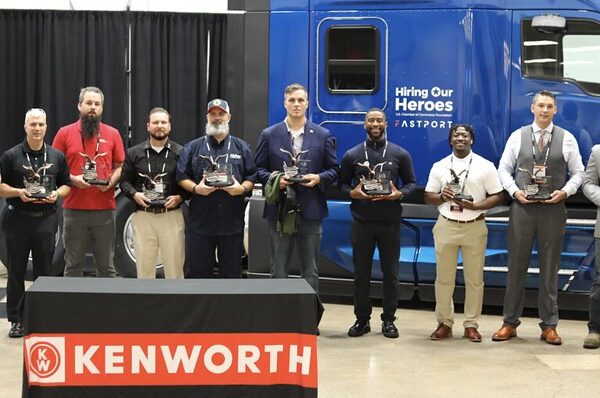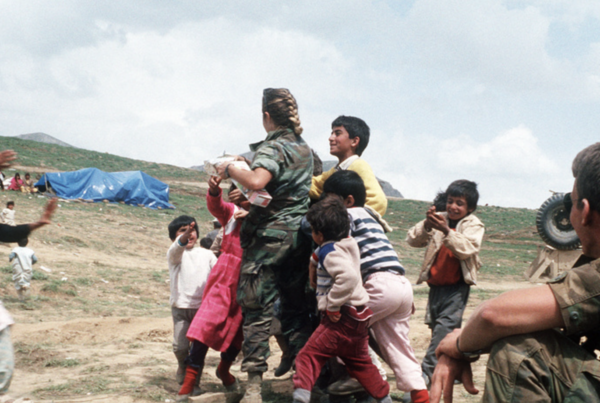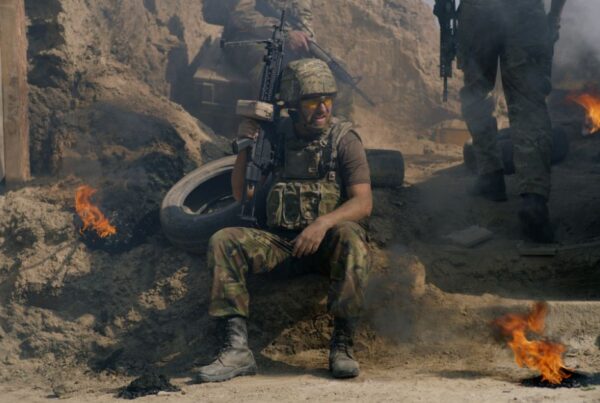“Come to the woods for here is rest.“
– John Muir
Ken grew up hating the hustle and bustle, the noise of big city life in New York. He had a troubled childhood and joined the military as a way to escape the noise and the dysfunction.
After volunteering, he was swept from the concrete jungles of New York into the conflicted jungles of Vietnam.
When Ken returned home from the war, he struggled to rejoin the stream of civilian life. And after his time in Vietnam, the background noise of his childhood turned from merely turbulent to torturous.
Although he never saw combat, Ken was haunted by survivor’s guilt, and he turned to alcohol to numb the memories of the men he left behind. Eventually, he lost everything.
Seeking peace, Ken made his way to what must have felt like the other side of the world: Olympic National Forest in Washington State. He replaced skyscrapers for towering, earthy-red trees and sirens for the silence of the verdant moss of a vast rainforest.



Ken had found his home– Olympic is the most remote place in the continental United States. Unfortunately, Olympic also has the most rain of anywhere in the country, with a blanket of twelve feet of annual rainfall.
Nevertheless, under a near-constant curtain of rain and snow, Ken set up inside a dilapidated trailer without power, covered inside and out with green mold and moss. He was absolutely friendless, isolated from family, with only a pet cat for company.
Ken was nearing eighty years old when volunteers for Sarje’s Veterans Home stumbled on his trailer in the woods. The program director remembers him as a, “man with greying red hair. He looked like a leprechaun; he was a tiny wisp of a fellow with a great sense of humor.”
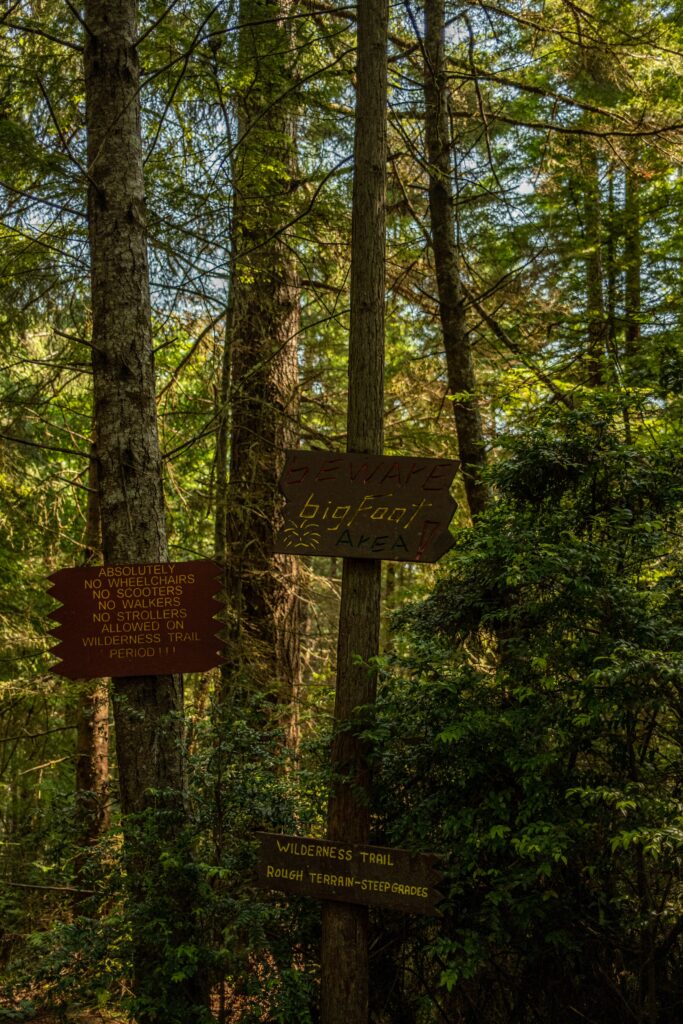
She remembers that they were shocked by the terrible conditions in which he was living. They provided Ken with food– Sarje’s provides veterans with housing, food, and a community garden that helps fund their basic needs.
Initially, Ken was resistant to their help– he turned down their offers of a home and help.
But as the volunteers got to know him, they were charmed; he was famous for his pranks… Many a camper left Olympic National Park convinced they had been haunted by a passing BigFoot during the night.
However, when Ken fell ill they took him to the doctor, where he was treated for pneumonia. “You’ll die if you don’t stay in warm dry place while you heal,” the doctor warned him.
The program director told him they wanted to make sure his cat could get better care, and asked Ken to move down to Sarje’s Home in Forks, Washington.
Among the gardens and with better care, Ken began to open up about his experiences. “Ken loved to pick produce,” the director remembers. He shared about the war and the guilt he felt for surviving when so many of his comrades had died.
With the help of Sarje’s Home, Ken gave up alcohol to honor the program’s rules. They also helped Ken to reconnect with his family.
After his struggle with alcohol and PTSD, he was estranged from them for years and had given up hope of ever repairing those relationships. But with their encouragement, he was able to make amends– particularly with his sister and form a bond that had once seemed impossible.
Sadly, even with extra care, Ken’s health began to deteriorate, and “he was diagnosed with terminal pancreatic cancer three months after coming to live with us.” He was given only a short time to live. In those final weeks, Ken found solace in the fact that he had finally made peace with his past and had reconciled with his family.
28 days later, the director of Sarje’s Home found Ken– He had passed away in his chair. She remembers closing his eyes and looking around, grateful that instead of dying alone, Ken passed away surrounded by people he loved. With the help of her team, she moved Ken to his bed, where they laid him out and combed his hair.
“As I called all of his friends and family, they told me that they had rich, real conversations with him before he died.”
Today, Ken’s story inspires the Sarje’s Home volunteers to seek other vets who are alone in the Olympic Forest and across the rainy Washington countryside. Their work has significantly lowered the number of homeless veterans in the state and given hope to many, many wounded heroes.
“Ken is why we do this work. I look at his picture in my office every day. It grounds me; it’s the reason why we do what we do.”
The Vietnam Veteran was only identified only as Ken. But there are many other veterans that still need our help. If you want to volunteer with Sarje’s Veterans Home or contribute to their work please visit:



